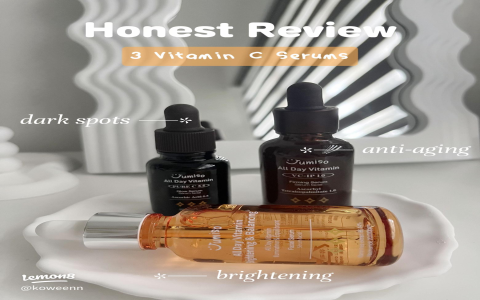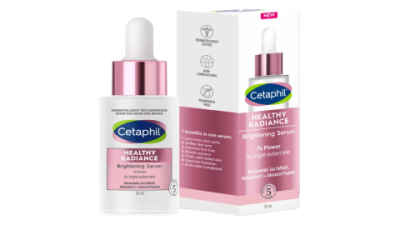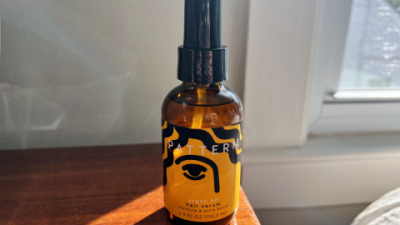Vitamin C serums have become a bit of a holy grail in skincare these days. Everyone seems to be raving about how they brighten the skin, fight aging, and protect against environmental damage. But if you’ve ever tried one and suddenly found yourself battling unexpected pimples, you might be wondering: does vitamin C serum actually cause breakouts? It’s a question I’ve heard a lot, and honestly, it’s a bit more complicated than a simple yes or no. So, let’s unpack this together, with all the nitty-gritty details and some real talk about what’s going on with your skin.
First off, what exactly is vitamin C doing in your skincare? Vitamin C, or ascorbic acid, is a powerful antioxidant. It’s like a shield for your skin cells, protecting them from free radicals—those pesky molecules that speed up aging and cause damage. Plus, vitamin C helps boost collagen, which keeps your skin firm and bouncy, and it can fade dark spots and even out your skin tone. Sounds great, right?
But here’s the thing: not all vitamin C serums are the same. There are different types, like the pure L-ascorbic acid, which is super potent but can be harsh, especially if you have sensitive skin. Then there are gentler forms like sodium ascorbyl phosphate or magnesium ascorbyl phosphate, which might be kinder to your skin but sometimes less powerful. And some serums have other ingredients mixed in—some good, some not so much.
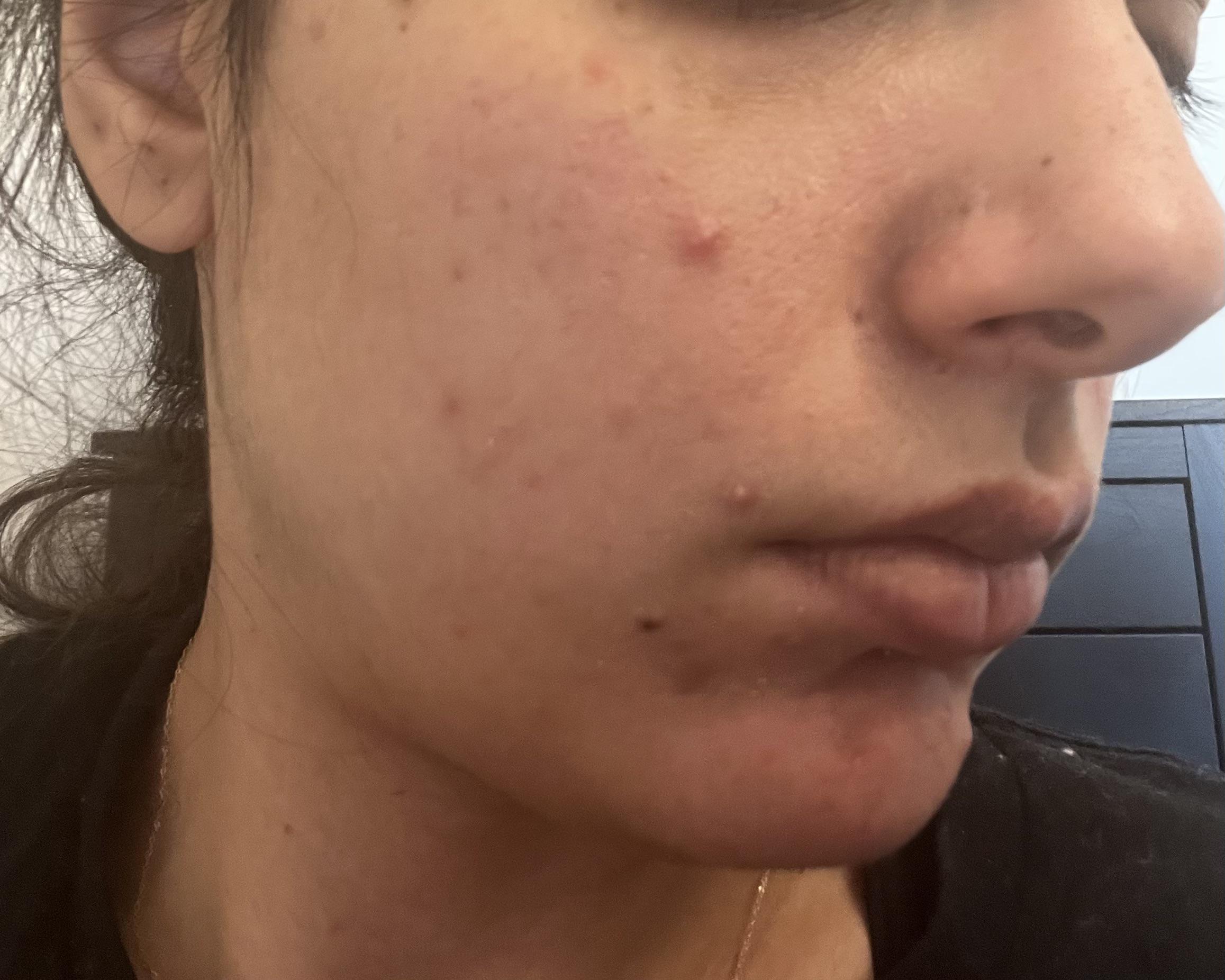
So why do some people break out after using vitamin C serum? Well, a few reasons:
- Formulation matters a lot. Some serums are packed with oils or heavy moisturizers that can clog pores, especially if your skin tends to be oily or acne-prone. Others might have alcohol or fragrances that irritate the skin, leading to redness and pimples.
- Concentration can be too high. If you jump straight into a 20% vitamin C serum, your skin might freak out. High doses of pure L-ascorbic acid can cause irritation, redness, and inflammation, which can look like breakouts.
- Your skin barrier might get upset. Vitamin C is an antioxidant, but in some cases, it can create reactive oxygen species (ROS) that cause inflammation. Plus, if you overload your skin with antioxidants, you might actually weaken its natural defenses, making it easier for bacteria to cause acne.
- There’s also the tricky difference between purging and breakouts. Vitamin C speeds up cell turnover, so sometimes it “pushes” clogged pores to the surface. This is called purging, and it usually happens where you normally get pimples. It’s temporary and can last a few weeks. But if you’re seeing red, inflamed pimples in new spots, or your skin isn’t improving after a month or two, that’s more likely irritation or an allergic reaction.
Here’s a little table to help you figure out what’s going on if your skin is acting up:
| Indicator | Skin Purging | True Breakouts/Irritation |
|---|---|---|
| Location of pimples | Usual acne-prone areas | New areas |
| Type of blemishes | Whiteheads, blackheads | Red, inflamed, cystic pimples |
| Duration | 2- weeks, then clears | Persistent beyond 6- weeks |
| Associated symptoms | Mild redness or dryness | Intense redness, itching, burning |
| Reaction to stopping | Clears quickly when product stopped | May take longer, could worsen |
So, what can you do to avoid those nasty breakouts but still enjoy the perks of vitamin C?
- Pick the right type of vitamin C. If your skin is sensitive or prone to acne, look for gentler forms like sodium ascorbyl phosphate or magnesium ascorbyl phosphate. Steer clear of oil-soluble forms like ascorbyl palmitate if you’re worried about clogged pores.
- Start slow and low. Don’t dive into a 20% serum right away. Begin with something around 5-10% and see how your skin reacts. You can always increase the strength later.
- Read the ingredient list carefully. Avoid serums with heavy oils, alcohol, or fragrances that might irritate your skin or clog pores. Serums with hydrating ingredients like hyaluronic acid or glycerin can help keep your skin balanced.
- Patch test first. Slap a little serum on a small patch of skin (like behind your ear or on your jawline) for a few days before going all in.
- Introduce vitamin C gradually. Use it every other day at first, then build up to daily use if your skin tolerates it well.
- Be careful mixing actives. Using vitamin C alongside retinoids, AHAs, or benzoyl peroxide can be a recipe for irritation, especially if your skin is sensitive.
Despite the risk of breakouts, vitamin C is still a superstar ingredient for many reasons:
- It brightens dull, tired-looking skin.
- It helps fade dark spots and uneven pigmentation.
- It boosts collagen, which means firmer, plumper skin.
- It protects your skin from sun damage and pollution.
- It calms inflammation and redness.
So, don’t be discouraged if you experience some bumps early on. Sometimes, it’s just your skin adjusting. But if things get worse or don’t improve, it’s okay to rethink your routine.
FAQs
Q: Can vitamin C serum cause acne for everyone?
A: Not really. Some people’s skin loves it, others might break out or get irritated. It depends on your skin type, the formula, and how you use it.
Q: How long does purging last?
A: Usually to weeks. If your breakouts stick around longer than that, it might be irritation.
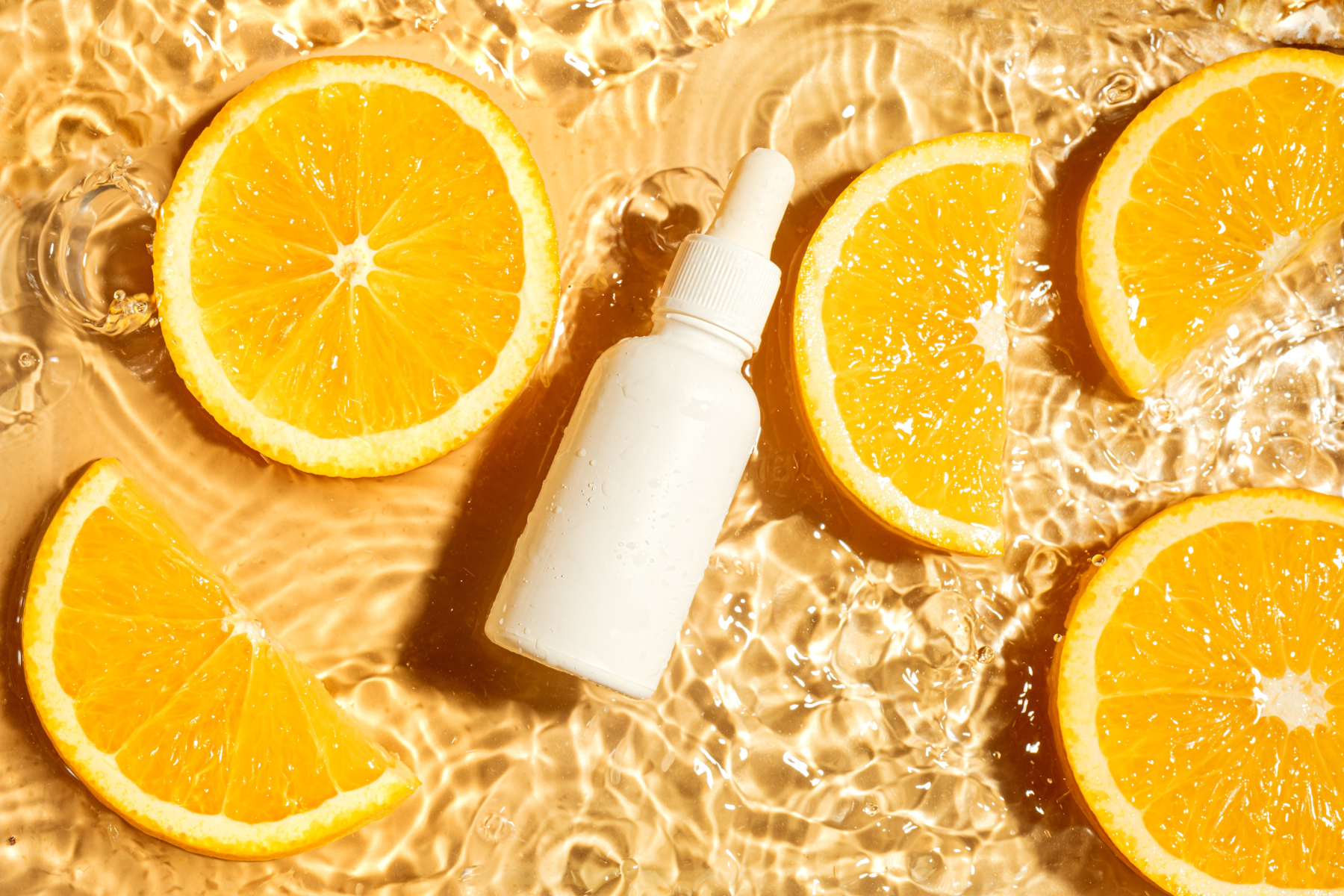
Q: Should I use vitamin C serum in the morning or at night?
A: Most people use it in the morning to protect skin from daily environmental damage, but if your skin is sensitive, nighttime might be gentler.
Q: Can I use vitamin C with other active ingredients?
A: Yes, but carefully. Vitamin C works well with vitamin E and ferulic acid. Mixing it with retinoids or acids right away can cause irritation.
Q: What if vitamin C serum causes breakouts?
A: Stop using it for a bit, let your skin calm down, then try a gentler formula or lower concentration. If problems persist, see a dermatologist.
Here’s a quick recap of what might cause breakouts and how to fix it:
| Cause | Why It Happens | What to Do |
|---|---|---|
| High concentration | Irritates sensitive skin | Start with 5-10%, increase slowly |
| Comedogenic ingredients | Oils and heavy moisturizers clog pores | Choose lightweight, non-comedogenic formulas |
| Skin barrier disruption | Too many antioxidants weaken defenses | Use antioxidants moderately |
| Type of vitamin C | Pure L-ascorbic acid can be harsh | Try gentler derivatives |
| Mixing actives | Combining with retinoids or acids causes irritation | Introduce actives gradually |
| Skin purging | Increased cell turnover brings congestion to surface | Wait it out; purging usually clears in weeks |
At the end of the day, vitamin C serums can be amazing for your skin if used right. They’re not magic potions, and sometimes your skin needs time to get used to them. If you experience breakouts, don’t panic—try tweaking your routine or the product you’re using. And if you’re really stuck, a dermatologist can help you find the perfect fit.
Remember, skincare is personal. What works wonders for one person might not for another. But with a little patience and the right approach, vitamin C can definitely be your skin’s new best friend.
